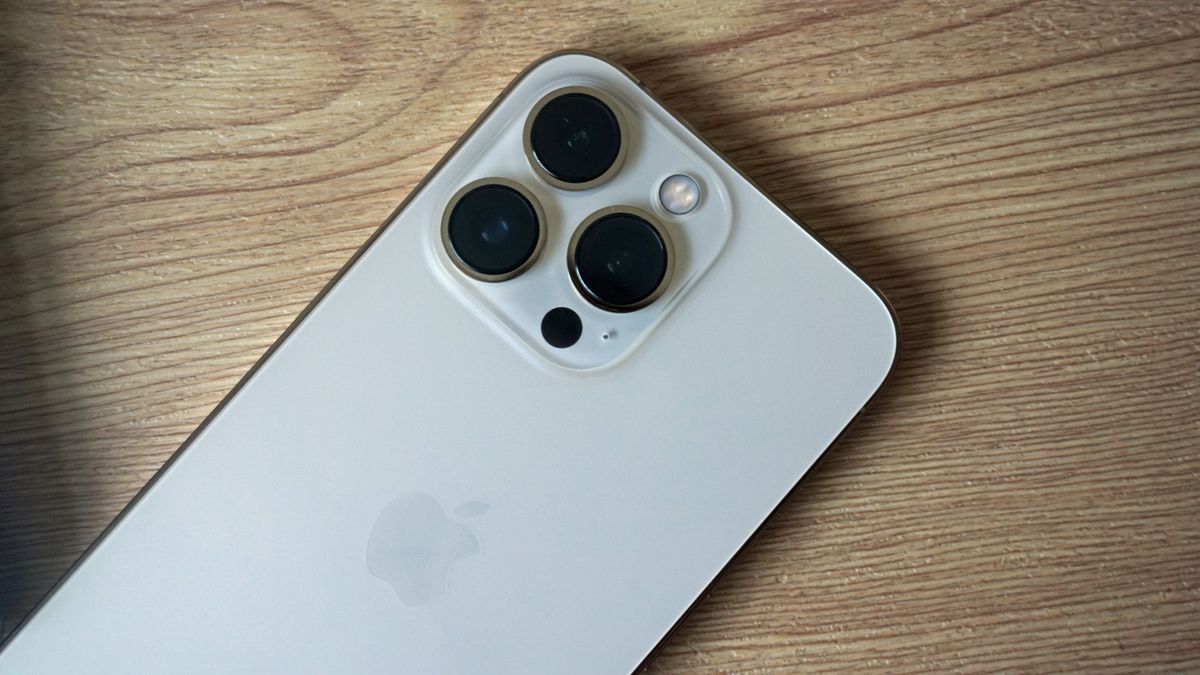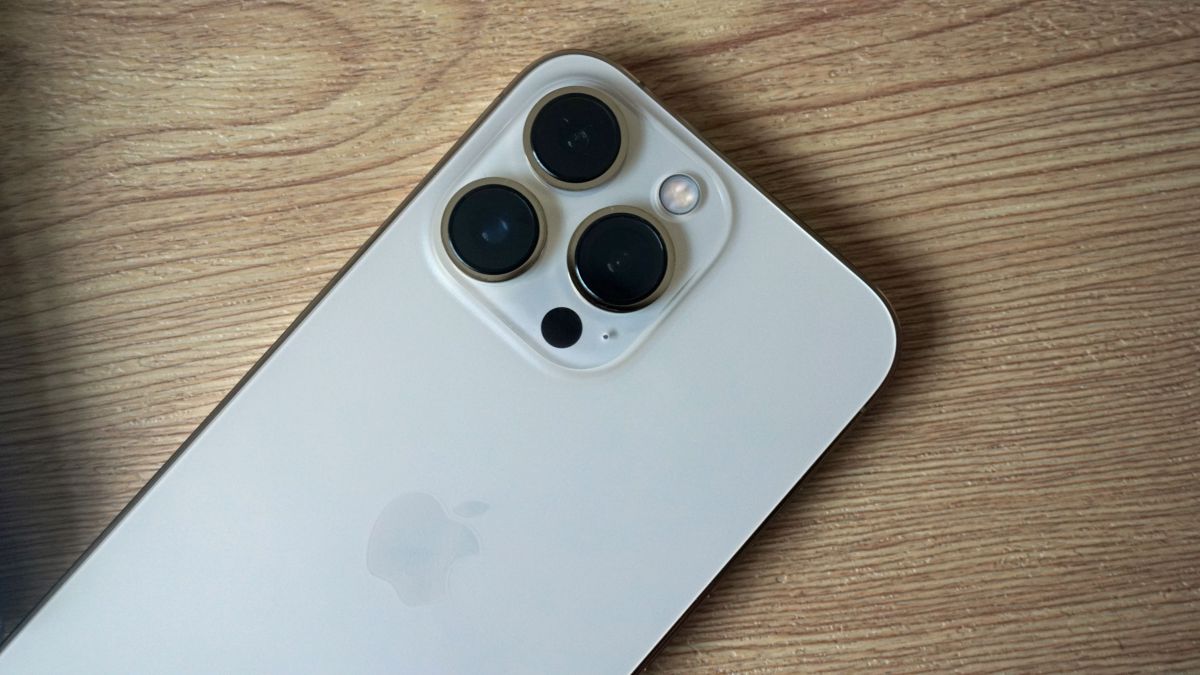
Four iPhone 14 models are widely expected to be unveiled in mid-September, but there are still a lot of questions around the sort of upgrades we’re going to get.
One key spec that , it seems, won’t be upgraded this year (despite previous rumors to the contrary) is storage space.
According to analyst Jeff Pu from Haitong International (via MacRumors), the Pro versions of the iPhone 14 will follow the lead of the current iPhones: specifically, 128GB, 256GB, 512GB and 1TB.
There had been whispers that Apple would bump up the starting capacity for the iPhone 14 Pro and the iPhone 14 Pro Max, and that storage might even top out at 2TB.
Based on this latest information though, it looks as though it’s going to be a case of ‘carry on as you were’ in terms of internal storage.
Minor upgrades
If you’re currently looking to buy an iPhone 13 or iPhone 13 mini, then your options are 128GB, 256GB and 512GB.
It’s expected that those are going to be the same again in the iPhone 14 equivalents (though the mini is getting dropped in favor of an iPhone 14 Max model, if the rumors are to be believed).
What’s more, the word on the Apple street is that the iPhone 14 and the iPhone 14 Max are going to use the same A15 Bionic processor as the iPhone 13 range. If you’re hoping for a major iPhone upgrade this year from Apple, you’re probably going to be disappointed.
There are expected to be improvements in terms of the camera performance however – both with the selfie camera and the rear camera – so there will be some reasons to put down your money for a new model. All will be revealed by Apple in September, if it sticks to its usual iPhone launch schedule.
Analysis: cloudy with a chance of streaming
It would be nice to see Apple bumping up the storage available on the iPhones this year, if only to differentiate them from what’s gone before. Storage prices continue to fall as time goes on – remember the iPhone X from five years ago was only available with 64GB or 256GB of internal storage.
However, it’s also fair to say that internal storage is not quite as important as it used to be: Spotify keeps your music collection in the cloud, Netflix keeps your movie collection in the cloud, and so on. There’s not the same need to save files locally.
What’s more, cloud syncing services such as iCloud and Google Drive have improved a lot in recent years. Syncing photos and videos to the cloud is now easy to set up and all handled in the background for you, automatically.
We still think there’s a case to be made for keeping large capacity phones on sale: for all those movies and shows you want to sync to your device, to keep photos and videos close to hand and available, to install large games, and to queue up plenty of podcasts, for example. Maybe next year we’ll see that 2TB option appear.
